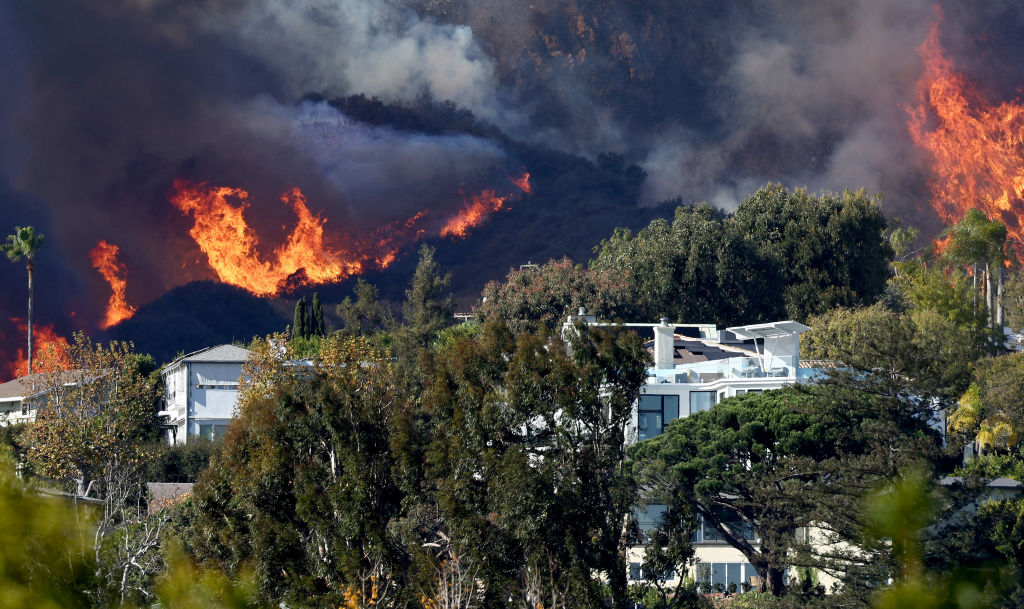How does one attempt to console people on the destruction of their homes, a fate recently visited on so many citizens of North Carolina and Los Angeles? Seneca, the millionaire philosopher and advisor to the emperor Nero, associated consolation with “reprimanding, dissuading, exhorting, commending.”
He exemplifies that in a letter musing on the reaction that his friend Liberalis had to the destruction by fire of his beloved Lugdunum (Lyon) in Gaul ad 64. This had caused Liberalis to worry about the strength of his own character, usually so steadfast, when confronted with this disaster.
Seneca contended that we should be ready for anything, since there is “nothing that Fortune, when it so wishes, does not topple at the height of its prosperity.” War arises in the middle of peace, friends become foes. There would be some consolation if all things perished as slowly as they came into being, but ruin is rapid. Nothing, whether public or private, is stable; the destinies of men no less than of cities are tossed about.
We must therefore confront the operations of Fortune. What man builds up will fall to the ground; mountains collapse, and seas overwhelm the land. Cities
stand, but to fall. “It would be tedious to recount all the ways by which fate may come, but this one thing I know: all the works of mortal man have been doomed to mortality and in the midst of things that have been destined to die, we live.”
So we must not cry out at these calamities. Into such a world have we come and under such laws do we live. We will grow old, we will be sick, we will suffer loss, and we will die. None of these is a burden that it is impossible to bear; it is only common opinion that makes it so. “Your fearing of death is like your fearing of gossip: and what is more stupid than a man who fears words? In fact, nothing has power over us, when we have death in our power.”
All this is well in line with the ancient view that reaction to success and disaster alike is a matter of character, formed by education and self-control (Plutarch), which will, of course, make you a man, my son. Discuss.


























Leave a Reply